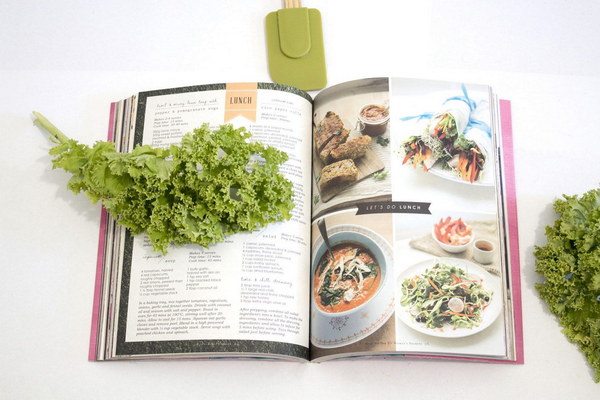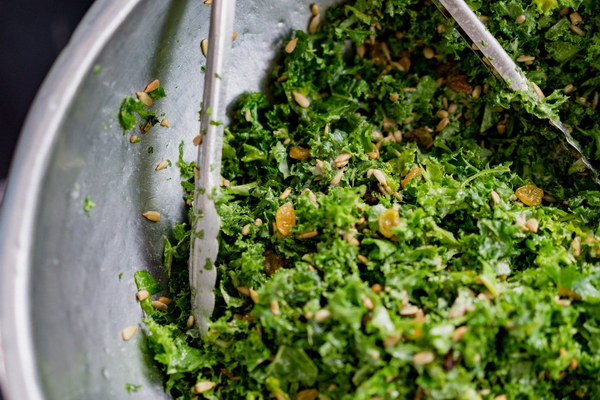Natural Remedies and Herbal Formulas A Guide to Cough and Lung Health
In the pursuit of natural remedies for cough and lung health, there are a myriad of traditional and herbal formulas that have been used for centuries. These natural solutions can offer relief without the side effects often associated with over-the-counter medications. Here, we explore some of the most effective cough and lung-nourishing remedies.
1. Honey and Lemon
One of the simplest and most well-known natural cough remedies is a mixture of honey and lemon. Honey has antibacterial properties that can help soothe a sore throat and reduce inflammation, while lemon provides vitamin C and other antioxidants. This combination can be particularly effective for dry coughs.
Recipe:
- Mix 1 tablespoon of honey with 1 tablespoon of fresh lemon juice.

- Consume this mixture as needed, especially before bedtime.
2. Thyme Tea
Thyme is an herb with potent antibacterial and expectorant properties, making it a great choice for coughs. Thyme tea can help to clear mucus from the lungs and soothe the throat.
Recipe:
- Boil a cup of water.
- Add 1 teaspoon of dried thyme leaves and let it steep for 5-10 minutes.
- Strain and add honey to taste if desired.
3. Ginger Tea
Ginger has long been used in traditional medicine to help with respiratory issues. It is known for its anti-inflammatory and expectorant properties.
Recipe:
- Grate a small piece of ginger and add it to a cup of boiling water.
- Steep for 5-10 minutes, strain, and add honey if needed.
4. Eucalyptus Oil
Eucalyptus oil is a powerful natural decongestant and expectorant. It can be used in a steam inhalation to help open up airways and relieve coughing.
How to Use:
- Add a few drops of eucalyptus oil to a bowl of hot water.
- Cover your head with a towel and inhale the steam deeply for a few minutes.
- Do this a few times a day for relief.
5. Licorice Root
Licorice root is a traditional Chinese medicine herb that is often used for coughs, sore throats, and other respiratory conditions. It can help reduce inflammation and act as a demulcent, soothing the throat.
How to Use:
- Brew a cup of licorice root tea by steeping a teaspoon of dried licorice root in hot water for 15 minutes.
- Drink 2-3 times a day.
6. Marshmallow Root
Marshmallow root is another herb with demulcent properties, which means it helps to coat and soothe the lining of the throat and respiratory tract.
How to Use:
- Take a tincture of marshmallow root as directed on the label, or make a tea by steeping a teaspoon of dried root in hot water for 15 minutes.
7. Peppermint and Spearmint
Both peppermint and spearmint are excellent for their cooling and soothing effects on the respiratory system. They can help relieve coughs and clear congestion.
How to Use:
- Brew a cup of peppermint or spearmint tea and drink it warm to help with cough symptoms.
Conclusion
While these natural remedies can provide relief for cough and lung-related issues, it's important to remember that they are not a substitute for medical treatment, especially in cases of severe or persistent symptoms. Always consult with a healthcare provider before starting any new treatment regimen, especially if you have underlying health conditions or are pregnant. Natural remedies can often be a complement to traditional medicine, offering a gentler approach to managing cough and lung health.









